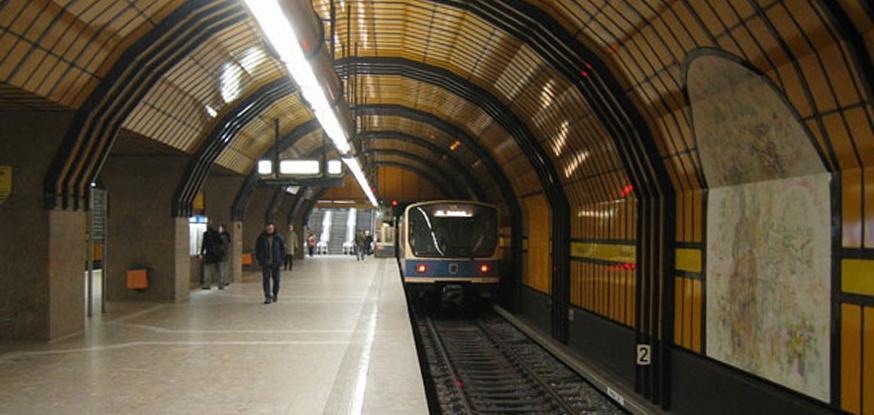The Philippines will get its first ever subway system as part of a massive investment to overhaul and modernize the country's infrastructure. Controversial President Rodrigo Duterte has announced the initial details of its $100bn three-year development which he has claimed will kick off a 'golden-age of infrastructure'. The subway system set to be erected will be the most expensive of all the planned infrastructure projects estimated at a cost of 227bn pesos.
It will consist of 13 stops which will span a distance of about 25km - and will cut vertically across metropolitan Manilla from Quezon City in the northern region of the country and connect with the main airport in the Philippines which is located in the south. In addition to this, it will also serve two important financial districts in Makati and Ortigas. The trains are expected to carry around 300,000 passengers on a daily basis.
The project was first touted under the tenure of former President Benigno Aquino in 2014 - but the program was shelved the following year, as the leader had less than a year left on his six-year term as the country's leader. The government switched its focus towards eight on-going rail projects and two bus-rapid transits. However, it's clear that Duterte is determined that his administration leaves a lasting legacy - although that could be already secured due to his stance on drugs in the country.
Other projects planned as part of the three-year initiative will see another railway constructed in the war-torn Southern island of Mindanao, a bus rapid transit in the capital city, a new airport in the president's home city and a 'sports city' that will be erected at a former US military base.
Transportation secretary Arthur Tugade conceded it is an ambitious project, but says confidence is high. He said: "This is a very ambitious project. Give us your trust, give us your confidence, we will build it. We hope to begin building the underground railway in the fourth quarter of 2020, and have the first train rolling by 2024."
However, analysts do not share the same sense of optimism regarding the innovative project - with fears expressed that the construction of a subway would only serve to worsen Manila's already horrendous traffic congestion, as it's almost inevitable that it will lead to road closures that may last ten years.
"Unfortunately, our changing governments, they do not have institutional memory," said Mr. Felino Palafox Jr, a leading architect and urban planner.
"There's a very long time between concept, commitment and completion. It takes several generations," said Mr. Palafox, suggesting that construction of an underground railway is unlikely to start till 2021, and it may take at least 10 years to finish.

